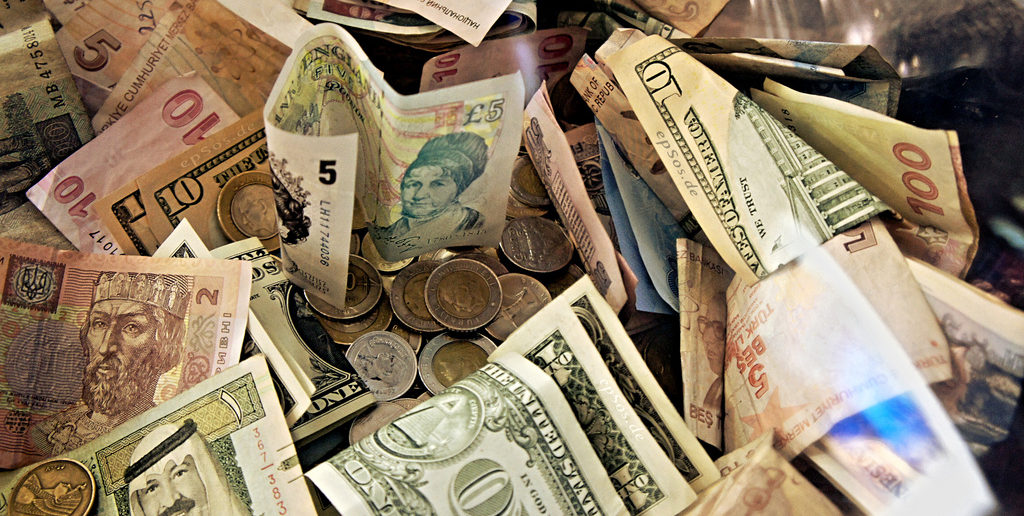Five banks have been fined a total of £2 billion by UK and US regulators for traders’ attempted manipulation of foreign exchange (FX) rates over a five year period.
HSBC, Royal Bank of Scotland, JP Morgan Chase, Citibank, and Swiss bank UBS have received record fines by the Financial Conduct Authority (FCA) and the US Commodity Futures Trading Commission (CFTC) for manipulating global foreign exchange benchmark rates to benefit the positions of certain traders.
In a statement, the FCA said that between 1 January 2008 and 15 October 2013, ineffective controls at the banks allowed the FX traders traders to put their banks’ interests ahead of those of their clients, other market participants and the wider UK financial system.
The banks failed to manage the obvious risks around confidentiality, conflicts of interest and trading conduct, and these failings allowed traders at those banks to behave “unacceptably”. The regulator said that they shared information about clients’ activities which they had been trusted to keep confidential and attempted to manipulate G10 spot FX currency rates, including in collusion with traders at other firms, in a way that could disadvantage those clients and the market.
In response to these failures of management and abuse of the system by traders, the FCA imposed fines totalling £1.1 billion, which included Citibank £226m, HSBC £216m, JPMorgan Chase Bank £222m, RBS £217m, and UBS £234m.
Martin Wheatley, chief executive of the FCA, said:
“The FCA does not tolerate conduct which imperils market integrity or the wider UK financial system. Today’s record fines mark the gravity of the failings we found and firms need to take responsibility for putting it right. They must make sure their traders do not game the system to boost profits or leave the ethics of their conduct to compliance to worry about. Senior management commitments to change need to become a reality in every area of their business.
But this is not just about enforcement action. It is about a combination of actions aimed at driving up market standards across the industry. All firms need to work with us to deliver real and lasting change to the culture of the trading floor. This is essential to restoring the public’s trust in financial services and London maintaining its position as a strong and competitive financial centre.”
Wheatley went on to say that individual traders involved in the scandal have already been put on leave and their actions have been referred to the Serious Fraud Office, which is preparing criminal charges against teh alleged masterminds of the scheme.
In the US, the CFTC also imposed fines totalling £900 million, which included Citibank £195m, JP Morgan Chase £195m, HSBC £170m, RBS £180m, and UBS £180m.
Aitan Goelman, the CFTC’s Director of Enforcement, stated:
“The setting of a benchmark rate is not simply another opportunity for banks to earn a profit. Countless individuals and companies around the world rely on these rates to settle financial contracts, and this reliance is premised on faith in the fundamental integrity of these benchmarks. The market only works if people have confidence that the process of setting these benchmarks is fair, not corrupted by manipulation by some of the biggest banks in the world.”
Separately, the Swiss regulator, FINMA, has fined UBS £87 million.
An investigation into Barclays is ongoing and the bank has said that it will not be settling the case.
The FX market is one of the largest and most liquid markets in the world with a daily average turnover of $5.3 trillion, 40% of which takes place in London.




